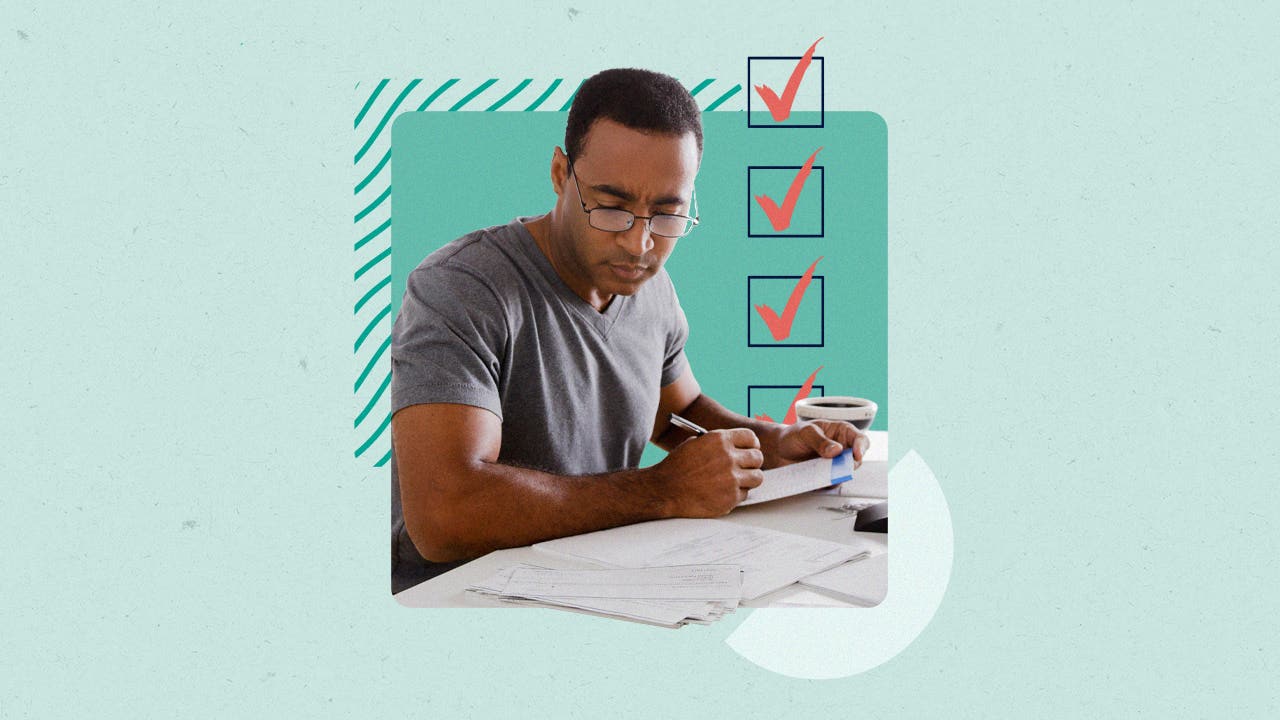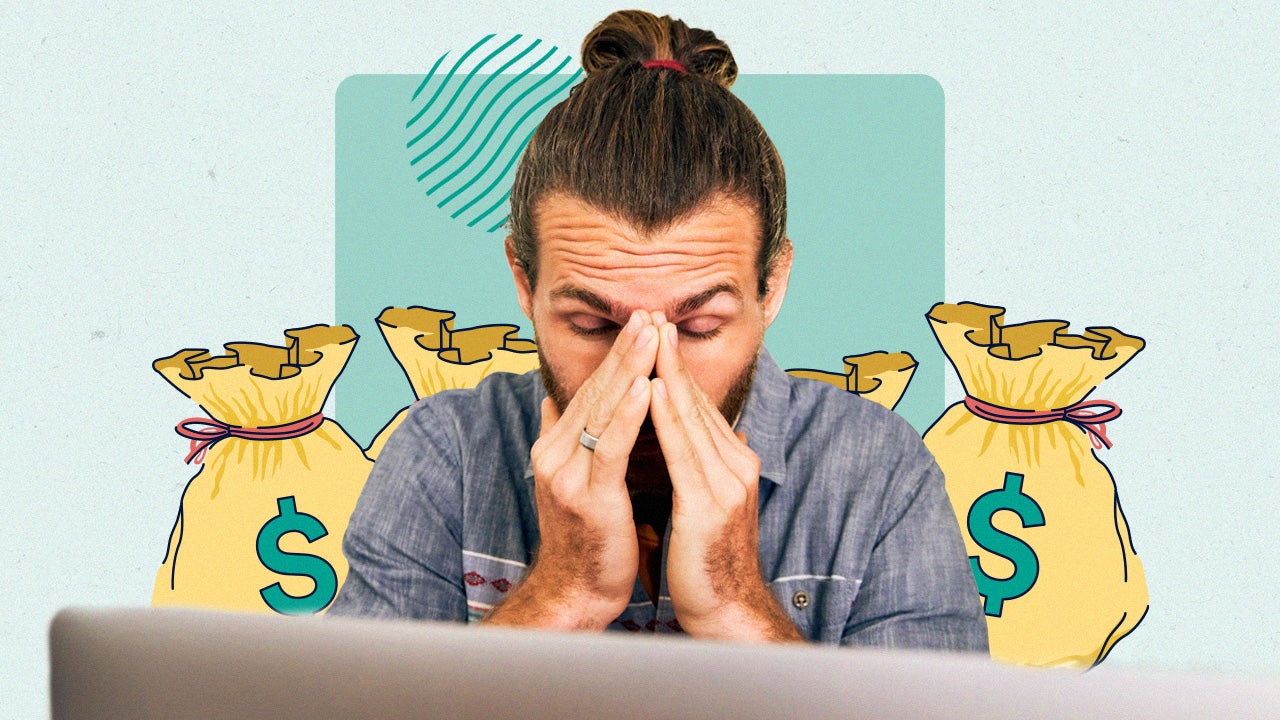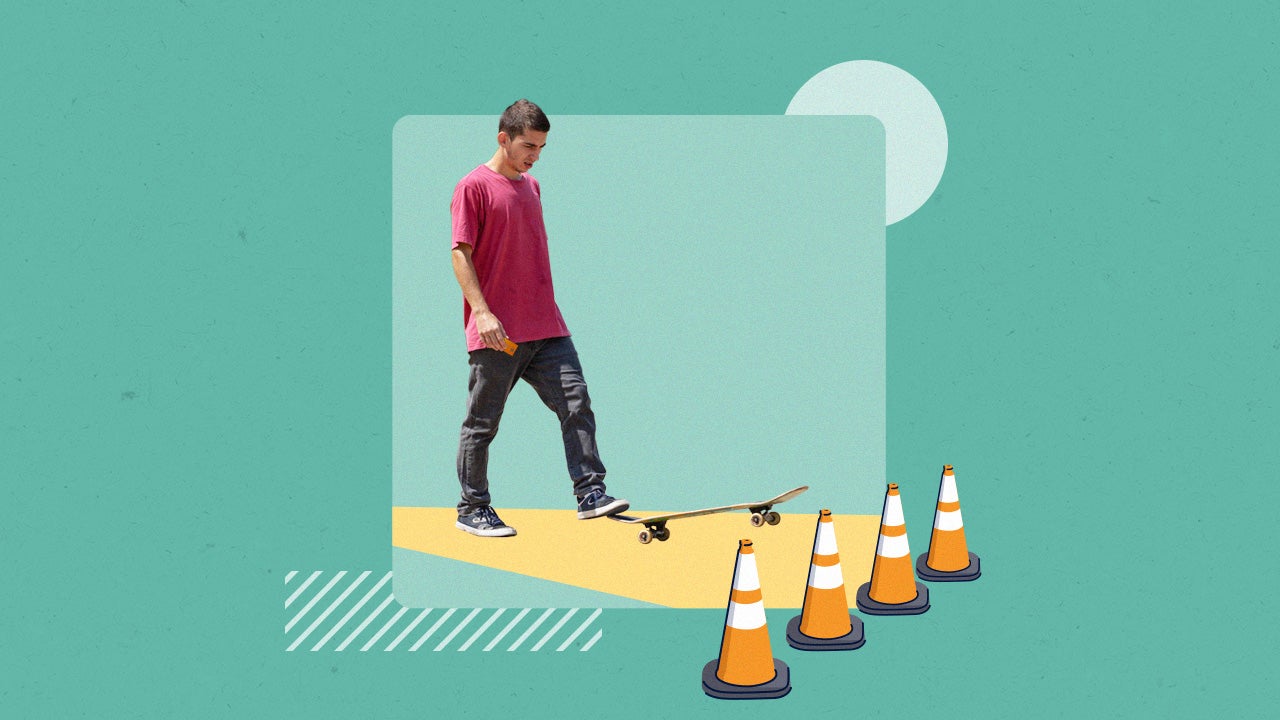How to stick to your debt repayment plan



Debt repayment is a long journey. While you might want to pay off all of your debt at once or make several large payments in the beginning, it’s a good idea to pace yourself with a more sustainable plan.
Staying with a debt repayment plan can help you organize your finances better, avoid missed payments, be more prepared for potential setbacks and have a clear idea of when your debt can be paid off.
1. Build a long-term plan
Once you have a debt repayment plan and have taken the first step toward paying off your debts for good, you’ll have a roadmap. You’ll know how much you’ll pay each month and when you can expect to be debt-free.
The key goal of a repayment plan should be to determine how to pay off your debts quickly, while keeping within your budget. A repayment plan that leaves you no room for groceries, housing payments or other necessities can quickly spiral out of control, resulting in missed payments or other consequences.
When building a repayment plan, it’s a good idea to sit down and evaluate:
- Your monthly income.
- Your monthly necessities.
- The amount of debt you have.
- The interest rates and minimum payments for your debts.
- Where you can cut expenses and contribute extra money to your debt.
Once you’ve determined how much a debt payment you’re comfortable making, a debt payoff calculator can help you determine when you’ll pay off your debt, how much you can expect to pay in interest and how much of your payment will go toward the principal.
Another thing to consider when building your repayment plan is making strategic payments. Using debt repayment plans such as the avalanche strategy or the snowball strategy allows you to pay off debts with high interest rates more quickly. These strategies save you on interest in the long run and maximize the impact your payments have on your debt.
2. Have backups in place
Even when you stick with your debt repayment plan, the unexpected can happen. A lost job, a financial emergency or an unexpected expense can derail your monthly payments if you don’t plan ahead. With this in mind, it’s a good idea to have backups in place.
Your first line of financial defense will be your emergency fund. An emergency fund is generally recommended to cover three to six months of necessary expenses (including housing costs, utilities and debt payments).
Even a small emergency fund that can cover an unexpected expense or a few months’ worth of debt payments can go a long way to help you stay with your repayment plan.
In addition, having non-financial backup plans can help you stay ahead of an emergency. You can build a safety net by having an updated resume, a side hustle, backup transport plans in case of car failure and a support network.
By having these contingencies ready, you can stay on top of your payments, even when your financial situation seems uncertain.
3. Budget for everything
Staying in the habit of budgeting will help you stay with your debt repayment plan. Tracking your spending will help you have enough money to make your payments.
When you budget, look for a few key categories for your expenses, such as:
- Debt repayments.
- Entertainment (Subscriptions, eating out, event tickets, outings, etc.).
- Groceries.
- Housing costs (Rent, mortgage payments, property taxes, etc.).
- Savings and investments (For your long-term savings, emergency fund, etc.).
- Transportation costs (gas, bus fares, auto repairs, etc.).
- Utilities (For internet, electricity, heating, etc.).
You can have different categories depending on your lifestyle. For example, pet costs may be a large part of your budget, necessitating its own section.
Many budgeting apps can help you build categories based on your spending habits and you track your spending at a glance. This way, you can cap your expenses to have enough to cover your necessities and cut spending in certain areas as needed.
Watching your spending and your cash flow can not only help you make your payments but also help you maximize the amount you’re paying toward your debts. For example, if you’ve spent less on groceries while keeping your other expenses the same, you can use the extra cash to make a larger payment toward your debt.
Budgeting can also help you patch up money leaks. Old subscriptions, electric bills that can be reduced with more energy-efficient appliances and other hidden money sinks can easily drain your finances. Once those leaks are plugged up, you can put that cash to better use.
With a solid budget and spending plan in place, you can have some peace of mind that you can pay your bills each month and cover your debt payments.
4. Give yourself wiggle room
When you’re budgeting for your expenses, it’s important to give yourself some wiggle room in all your categories. When you initially track your spending, account for fluctuations in your spending depending on the time of year, certain activities and other variables. That breathing room can help you stay ahead of your spending.
For example, heating costs probably won’t take up a large amount of your budget for the summer. However, that doesn’t mean you should base your heating budget for the winter based on your summer spending. By giving yourself room in your budget for increased costs, you can avoid last-minute budget squeezes that might make you miss a payment.
This also applies to “fun” expenses in your budget. You’re probably cutting out most of your nonessential spending to make the most of your debt repayments. However, you should still allow yourself some room for fun things, such as a night out once in a while or your weekly coffee run.
This way, you can stick with your budget for the long run instead of forgoing what matters to you.
5. Find resources and support
Knowing where to get help is an important part of sticking to your debt repayment goals. There are many ways you can build a support network for yourself.
An immediate support system of friends and family can help you with groceries, childcare transportation and other costs. Government resources such as food stamps, rental assistance, school scholarships and childcare subsidies are just a few examples of the help you can get in covering costs.
If you’re at a point where your debt feels unpayable with your financial situation, you may also want to consider looking into debt relief. Debt settlement companies like National Debt Relief can help you reduce your payments and the total amount you owe by negotiating your balances with your creditors, allowing you to pay off your debt sooner.
6. Celebrate your wins
Debt repayment is a long journey, which is why it’s important to appreciate the progress you’ve made in paying off your debt.
Being in debt can take a toll on your mental health. In contrast, paying off debt can come with a feeling of emotional relief. It can give a sense of freedom and the empowerment of knowing you’re free of debt and that you can make smart financial decisions in the future. Every payment you make on your balance takes you closer to that goal.
You can be proud of yourself for taking control of your financial situation and building a better future for yourself and your family. Whether you’ve made your first payment, are halfway to your goal or are about to pay off your debt once and for all, it’s worth celebrating.
Based on your budget and repayment schedule, you might want to set milestones for yourself to celebrate your payoff wins. This can be anything from a nice celebration dinner or a small treat. Planning these ahead of time can help you adjust your budget, as well as give you something to look forward to throughout your repayment journey.
What next?
Staying motivated as you pay off your debt takes effort, but it’s worth it for the reward of becoming debt-free. By planning ahead and having the right support system in place, you can stay the course, build good financial habits and work toward paying off your debt in a sustainable way.
If you want to learn more about managing your finances and debt repayment plan, check out Bankrate and National Debt Relief’s ongoing article series about all things debt. Watch this space for tips, tricks and exclusive stories from readers like you and their debt repayment journeys.
Why we ask for feedback Your feedback helps us improve our content and services. It takes less than a minute to complete.
Your responses are anonymous and will only be used for improving our website.





